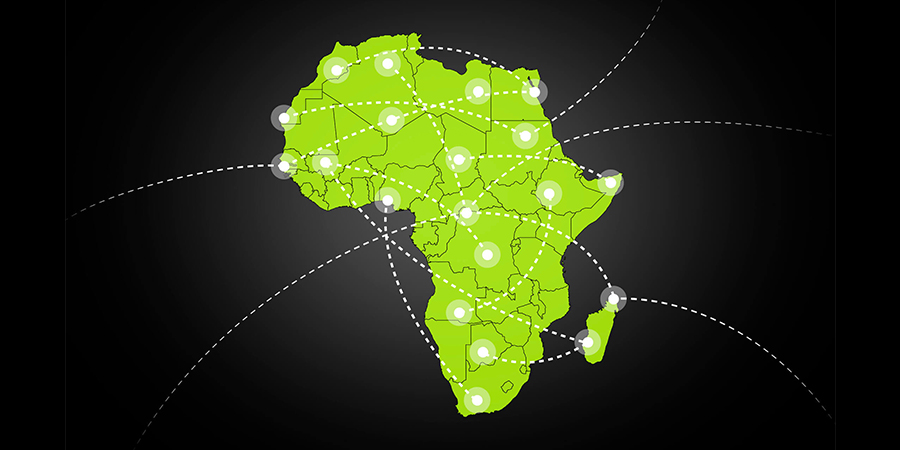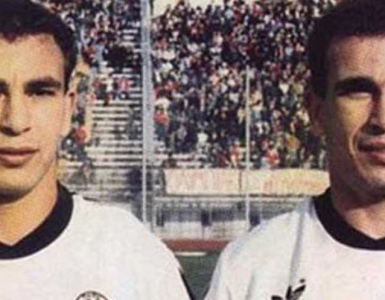CLARION CALL: Cross-border cooperation key to end corruption plaguing Africa…
By Monk Nkomo
Trillions of dollars are lost to corruption , bribery, embezzlement and illicit financial flows worldwide every year – money that could be used to fund social development, according to President Cyril Ramaphosa.
In his address , delivered by Mmamoloko Kubayi, Minister of Justice and Constitutional Development at the 15th Commonwealth Regional Conference of Heads of Anti- Corruption Authorities in Cape Town,
Ramaphosa said corruption had become far more complex and sophisticated, particularly in the age of Generative A1, deep fakes, fraudulent websites and other technological tools.
‘’ The International Monetary Fund estimates that if all countries were to reduce corruption, they could gain about one trillion dollars in lost revenues. The United Nations estimates that nearly five percent of the world’s GDP is lost to corruption every year’’.
The President said corruption held back progress and dashed opportunities. Its effects were widespread, insidious and far-reaching. Corruption increased the cost of doing business and it discouraged investment.
‘’ It is a social issue that undermines trust in institutions, in governments, in the rule of law and in democracy itself. Global networks of corruption exploit vulnerabilities in the international banking system to launder money that often ends up financing other crimes including terrorism.’’
Law enforcement agencies therefore, needed to evolve, adapt and keep up with trends in a rapidly changing terrain, said Ramaphosa.
For this reason, cross border cooperation was key. Effective international collaboration required that countries had strong anti-corruption police frameworks and that they built institutions that had integrity and capability.
South Africa has, for the past ten years, been working to build a strong, robust institutional framework for combating corruption. Such a gathering was vital to the shared efforts to end corruption. The reality was that corruption was a category of crime that was constantly evolving.
‘’We are all keenly aware that corruption is not purely an issue of criminality. Corruption is an economic issue. Corruption is not a victimless crime. It is not something that happens in dark corners between individuals that has no bearing on the lives of ordinary citizens or businesses’’.
Ramaphosa said domestic laws and practices needed to reflect the global standards set out in multilateral agreements. Countries needed to place a premium on compliance with international instruments. This alignment enhanced cooperation, promoted consistency and strengthened frameworks for preventing and combating corruption.
‘’An important part of this work has been to build effective networks of cooperation between our institutions and with social partners. Our Financial Intelligence Centre is one of these institutions. It is mandated to identify the proceeds of crime and works with the private sector and public agencies to combat financial crime through analysis and information-sharing’’.
The work of the Financial Intelligence Centre was testament to the power of collaboration between government and the private sector in combatting corruption. Ramaphosa said they had established a partnership between government and business to bolster the forensic capabilities of the Directorate for Priority Crime Investigation within the police service.
‘’The fight against corruption must necessarily include all sectors of society, whether it is the banking sector, business, academia and research institutions, community forums and civil society or the media. As we build a broad social front against corruption, we need to recognise the value of a free, diverse and independent media.’’
Ramaphosa said it was often the media that shone a light on acts of corruption that would otherwise not have seen the light of day. As anti-corruption agencies, they needed to see the media as partners not as adversaries.
South Africa remained committed to strengthening the capacity of its institutions to fight corruption. ‘’The launch by our Special Investigating Unit of an Anti-Corruption and Cyber Academy is a recognition that capable and committed people are the most potent weapon against corruption. The Academy offers training in areas such as cyber forensics, open-source intelligence, cryptocurrency investigations and beneficial ownership.’’
Winning the war on corruption in Africa, Ramaphosa added, necessitated that they deepened their international collaboration. The reality was that not all countries had the same resources and expertise to fight corruption.
They needed an agile mindset when it came to joint investigations and sharing of knowledge and expertise.
Sharing intelligence and coordinating law enforcement actions across borders increased the chances of successful prosecutions for corruption. If one country lacked strong anti-corruption capabilities, it was important that other countries, through forums such as these, extended the necessary support.
‘’Unless we are able to support each other, we run the risk of some countries becoming sanctuaries for the corrupt and their ill-gotten gains’’.
Ramaphosa urged the Heads of Anti-Corruption Authorities to work together in pursuit of an Africa free of corruption – an Africa in which there was development, in which economic growth was inclusive and sustainable, and where the potential of every African man, woman and child was realised.
‘’Our progress as a continent depends on our success in curbing – and ultimately ending – the crime of corruption that is perpetrated against the people of Africa’’.


































